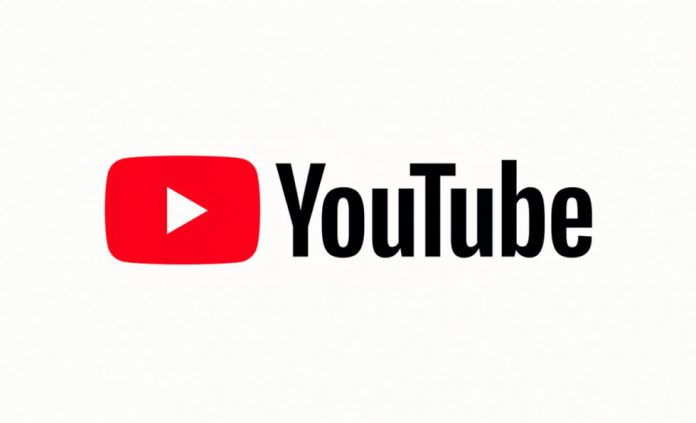Sydney: An Australian court on Monday ordered Google to pay a former lawmaker A$715,000 ($515,000), saying its refusal to remove a YouTuber’s “relentless, racist, vilificatory, abusive and defamatory” videos drove him out of politics.
The Federal Court found the Alphabet Inc company intentionally made money by hosting two videos on its YouTube website attacking the then-deputy premier of New South Wales, Australia’s most populous state, that have been viewed nearly 8,00,000 times since being posted in 2020.
The ruling revives the question of how much culpability technology firms have for defamation conveyed by users on their websites in Australia, one of few Western nations where online platforms have the same legal responsibility as publishers.
Australia is reviewing what legal exposure platforms should have for defamatory posts. A landmark case in 2021, where a newspaper was found liable for defamatory reader comments below an article posted on Facebook, drove global firms to reduce their social media presence in the country.
The judgment showed Google had denied the videos carried defamatory imputations, and said the YouTuber had the right to an honestly held opinion and should be protected by the right to criticise a politician.
A Google spokesperson was not available for comment.
“They (Google) were advised that those defamatory videos were there, they looked into it, they decided for themselves that they weren’t, and left them up,” said Prof David Rolph, a specialist in media law at the University of Sydney Law School.
“That’s an orthodox application of the basic principles of publication in defamation law (but) leaves the larger question about whether we need to reform the principles of publication.”
HATE SPEECH
The court heard that content creator Jordan Shanks uploaded videos in which he repeatedly brands lawmaker John Barilaro “corrupt” without citing credible evidence, and calls him names attacking his Italian heritage which the judge, Steve Rares, said amounted to “nothing less than hate speech”.
By continuing to publish the content, Rares said Google breached its own policies aimed at protecting public figures from being unfairly targeted, and “drove Mr Barilaro prematurely from his chosen service in public life and traumatised him significantly.”
Barilaro quit politics a year after Shanks posted the videos, and “Google cannot escape its liability for the substantial damage that Mr Shanks’ campaign caused,” Rares said.
Shanks, who has 6,25,000 YouTube subscribers and 3,46,000 followers on Meta Platforms Inc’s Facebook, was a co-defendant until a settlement with Barilaro last year which involved the YouTuber editing the videos and paying the former politician A$1,00,000.
But Shanks “needed YouTube to disseminate his poison (and) Google was willing to join Mr Shanks in doing so to earn revenue as part of its business model,” the judge said.
Before the lawsuit was resolved, Shanks continued to make disparaging comments about Barilaro and his lawyers in YouTube videos, and the judge said he would refer him and Google to the authorities “for what appear to be serious contempts of court by bringing improper pressure … not to pursue this proceeding”.
In a Facebook post after the ruling, Shanks, who goes by the handle friendlyjordies, mocked Barilaro, saying “you finally scored the coin from Google … without ever having the truth tested in court”.
Shanks added, without evidence, that Barilaro “withdrew (his) action against us so we wouldn’t testify or present our evidence” in support of the YouTuber’s claims.
Barilaro told reporters outside the courthouse that he felt “cleared and vindicated”.
“It was never about money,” he said. “It was about an apology, removal. Of course, now an apology is worthless after the campaign has continued. It’s taken a court to force Google’s hand.”


